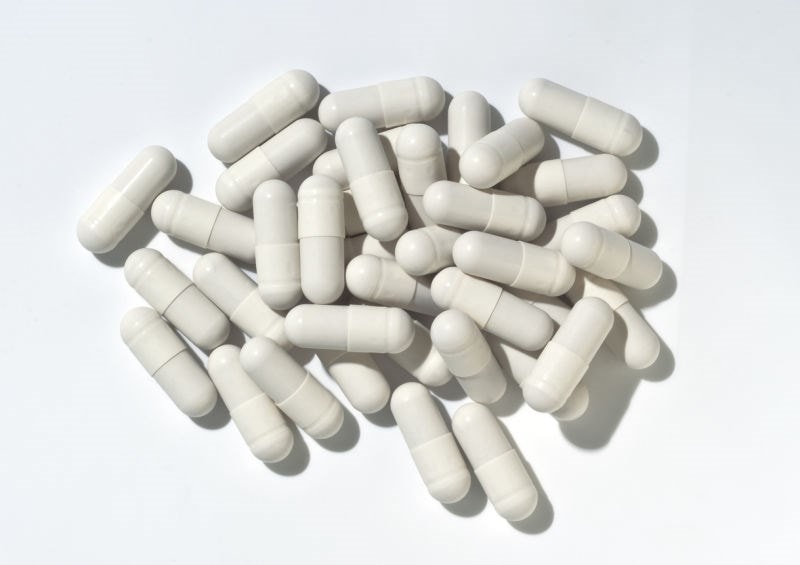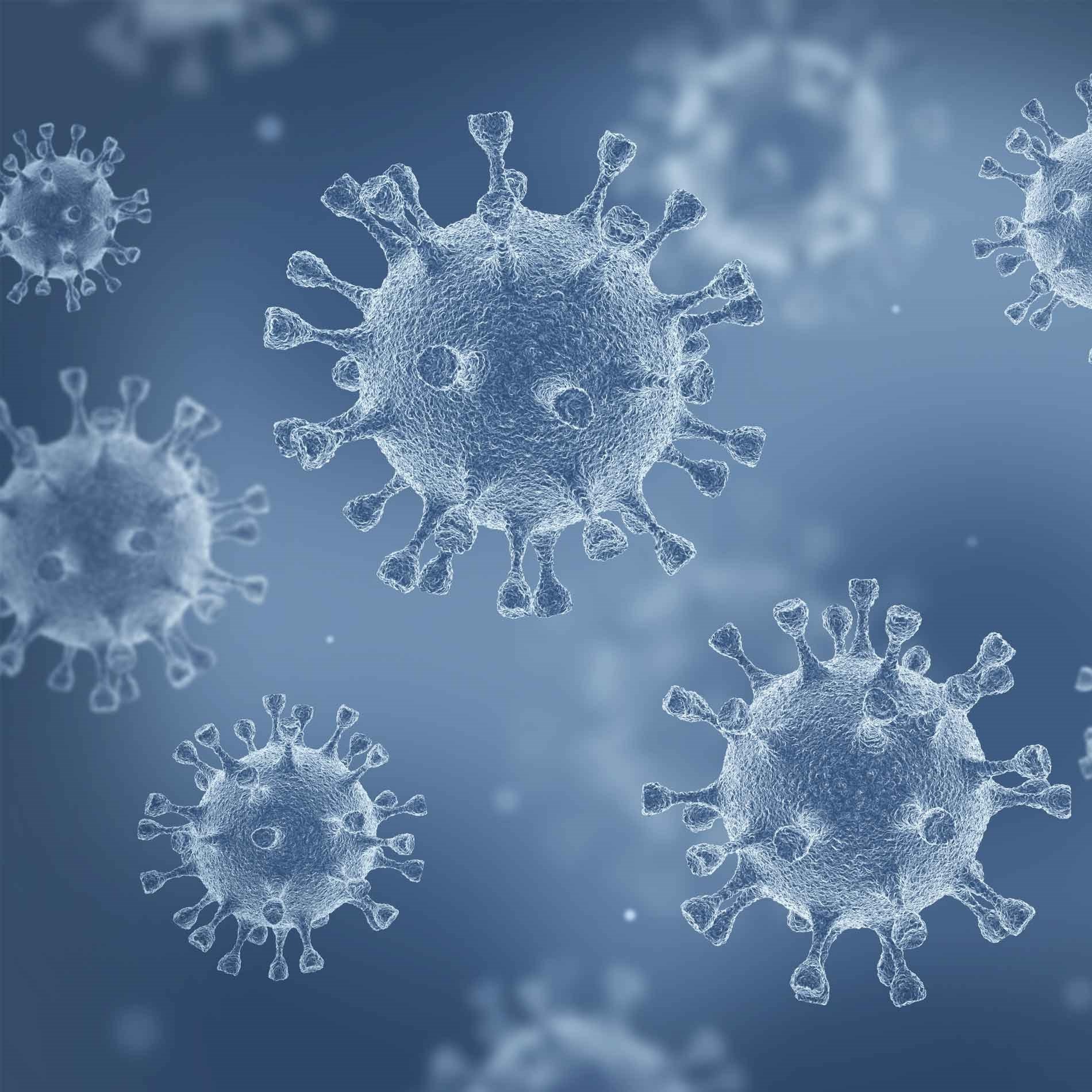‘Probiotics are useless’: True or false?
Two recent studies1,2 conducted in Israel have people questioning the performance of probiotic drinks and supplements. Deemed ‘quite useless’ in the papers, you could say the results didn’t exactly swing in favour of probiotics. We decided to look into these findings to give you the full story.
Within this article:
- First Study
- Second Study
- So, what does it all mean?

Research journal Cell recently published two studies by the same institute investigating how probiotics interact with our gut microbiome with and without antibiotics. Familiarise yourself with the basics of the gut microbiome by reading: The microbiome - all you need to know on the Probiotics Learning Lab site.
Here’s the breakdown:
First Study
- 29 volunteer participants
- 14 of the participants took the probiotic
- Measured how the microbiome composition and function differs across the gastrointestinal (GI) tract (your digestive system)
- Found that how and where probiotics work depends on the individual’s microbiome and genetics
Second Study
- 46 volunteer participants
- 8 of the participants took the probiotic and 6 had a self-faecal microbiome transplant (FMT), both after a 7-day course on antibiotics
- Found that the microbiome of those taking probiotics took longer to return to normal than those who had the FMT. However, in the probiotic group, good bacteria ultimately increased which indicates a good gut balance.
The news took the findings of these studies to mean that one size doesn’t fit all and probiotics may need to be personalised to suit an individual, therefore implying they may be useless to the majority. Also, they said that taking probiotics after a course of antibiotics ‘may be harmful’ and can 'cause severe disturbances’ to gut health. However, there are some issues with the studies that may have rendered their guilty verdict on probiotics a little premature:
- Neither study investigated the performance, effects or safety of probiotics. They focused on how probiotics interact with our own guts, and did not look at any potential benefits from taking probiotics
- These studies have also been independently reviewed by associations such as can be seen in the International Scientific Association of Probiotics and Prebiotics (ISAPP). An interesting discovery they have made is that the authors of the studies have failed to disclose that they are currently involved with a company that promotes a commercial personalised nutrition product, which may indicate a conflict of interest and consequent bias against probiotics
- In the antibiotics trial, the volunteers didn't provide initial samples before undergoing the course of antibiotics. As a result, it is difficult to say whether FMT or probiotics actually returned the gut bacteria to a 'normal state', as the researchers didn't determine what 'normal' was for the individual
- The study used small sample sizes. Therefore, we can’t draw any big conclusions or generalise from these results. In fact, bigger trials with thousands of participants have actually shown the benefits of probiotics
- They only tested using a little-known probiotic brand, and they didn't use any extensively researched strains

So, what does it all mean?
Let us be clear - we’re fascinated by some of the results from these trials, and always consider any new probiotics research that comes to light. However, in order to get the truth about probiotics, we need to ask the right questions. Is it important to look at how probiotics colonise in the gut, or is it more important to explore what they’re doing and if they are effective once they’re there? We know for a fact that probiotics can be beneficial in certain cases, though as the study suggests they are definitely not a 'cure-all' solution.
The microbiome is incredibly complex, so much so that some now consider it an organ in its own right, so it's very interesting to look at how it interacts with probiotics. But, what can you take away from all of this information? Well, there's more to probiotics than these studies suggest; as such it's always a good idea to acquaint yourself with all the facts - and for that, we're here to help!
You may also like to read the following articles on the Probiotics Learning Lab site:
Researching probiotics online: How to identify quality content
Are all types (strains) of friendly bacteria the same?
Research and consolidation by Dr Kate Stephens, PhD | Food and nutritional sciences; Gut Microbiology (University of Reading), BSc (Hons) Medical Microbiology
References
- Zmora, N., et al. (2018). 'Personalized Gut Mucosal Colonization Resistance to Empiric Probiotics Is Associated with Unique Host and Microbiome Features'. Cell, 174(6): 1388-1405
- Suez, J., et al. (2018). 'Post-Antibiotic Gut Mucosal Microbiome Reconstitution Is Impaired by Probiotics and Improved by Autologous FMT'. Cell, 174(6): 1406-1423

